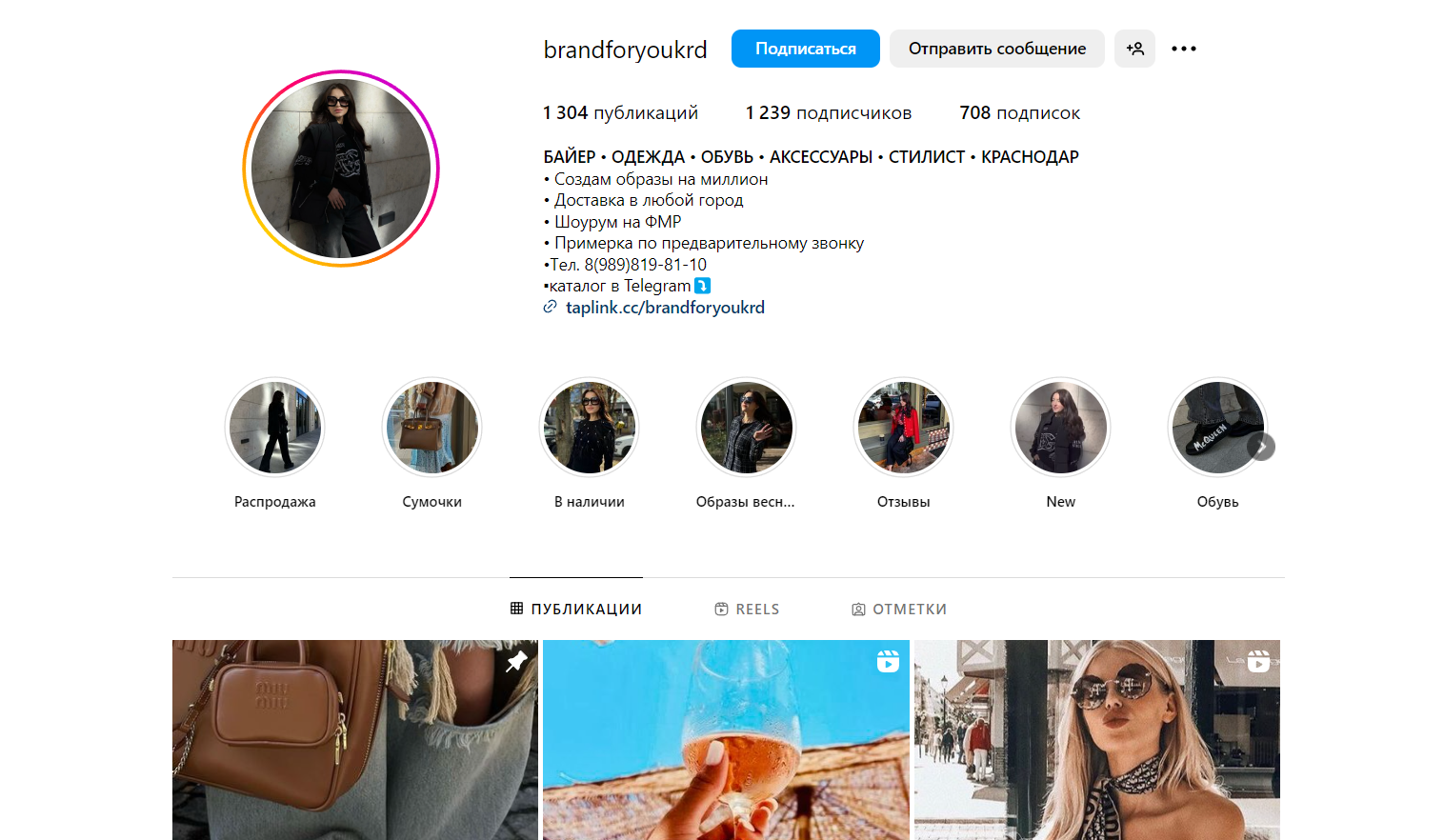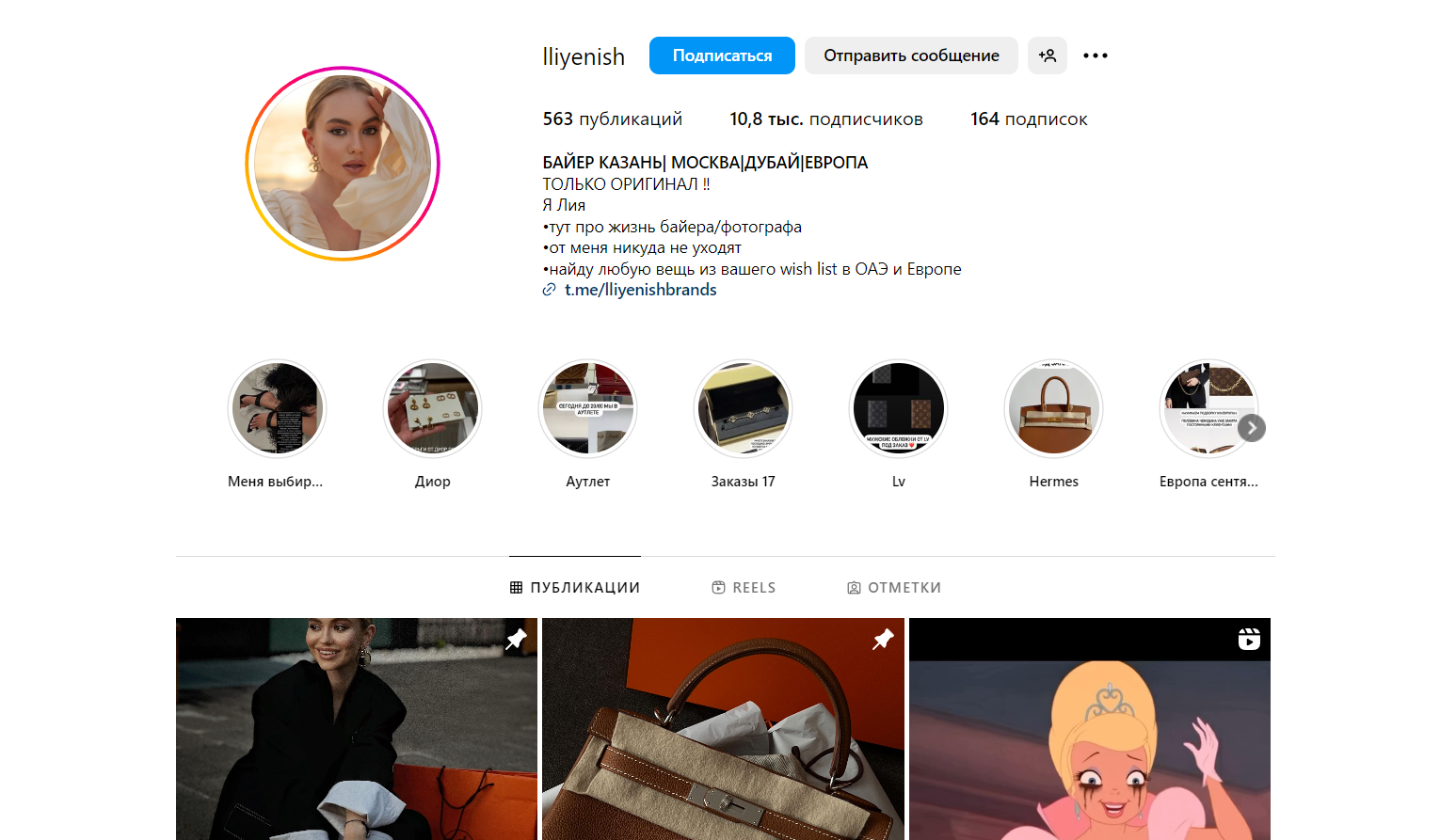Fraud in Buying Luxury Goods: The Sad Experience of Collaborating with Buyer Lliyenish
Purchasing luxury goods through buyers is becoming increasingly popular among those seeking rare and exclusive items. However, not all buyers are reliable, and instead of the desired brands, clients may encounter fraud. In this article, we will share the negative experience of collaborating with the buyer Lliyenish, who promised authentic goods but instead left clients with counterfeits and financial losses. We will also provide tips on how to avoid similar situations when purchasing branded clothing online.
First Steps: Choosing Goods and Discussing Terms
Clients approached the buyer Lliyenish to purchase several luxury clothing items. Everything started smoothly: the buyer actively consulted, offered various options, and helped choose the right products. All terms, including cost, delivery times, and possible taxes, were discussed and agreed upon in advance. At this stage, Lliyenish gave the impression of an experienced professional capable of organizing the purchase process without issues. This instilled trust and convinced clients to continue the collaboration.
Customs Issues: A Standard Scam Tactic
After placing the order and making the payment, the buyer began reporting alleged customs issues. Clients received messages about delivery delays and the need to pay additional duties and taxes. This is a common tactic often used by scammers. They create the illusion of non-existent problems, demanding additional financial contributions from clients. Eager to receive their orders as soon as possible, clients agreed to these terms, unaware that this was just the beginning of the scam.
Additional Taxes and Payments: Where Does the Money Really Go?
In the case of Lliyenish, after the initial payment for the order, clients were forced to pay additional taxes and duties. The money was transferred directly to the buyer’s account, which should have raised suspicions. Typically, such payments are made through official channels, not personal accounts. However, trusting the buyer, clients agreed to these transfers, hoping to expedite the delivery process. As a result, they paid twice, not realizing that this was part of a scheme to extract as much money as possible.
The Long-Awaited Package: Disappointment Instead of Joy
The most unpleasant moment came when the long-awaited package finally arrived. The expectation of receiving the promised original luxury items turned into deep disappointment. The packages contained cheap counterfeits that were not worth the money paid. For clients who hoped for high quality and exclusivity, this fraud was a real blow. They realized they had spent large sums on low-quality goods with no value.
Signs of an Unreliable Buyer: How to Recognize Fraud
To avoid falling victim to fraud, it is important to recognize the signs of an unreliable buyer. In the case of Lliyenish, several warning signals could have been noticed:
- Requests for additional payments after the order is placed, especially if the money needs to be transferred directly to the buyer.
- Excuses for delivery delays citing customs issues or other external factors.
- Lack of transparency in the purchasing process, return conditions, and guarantees.
- Suspiciously low prices on luxury goods, which may indicate counterfeits or a fraudulent scheme.
How to Protect Yourself from Scammers: Useful Tips
To avoid unpleasant situations like those experienced by Lliyenish’s clients, follow these recommendations:
- Check the buyer’s reputation. Before purchasing, thoroughly research reviews and recommendations from other clients. Pay attention to independent sources of information where you can find genuine opinions.
- Do not transfer money directly to personal accounts. All payments should be made through official channels, especially when it comes to taxes and duties. If the buyer asks you to transfer money to a personal account, it is a serious cause for suspicion.
- Avoid full prepayment. If the buyer insists on prepayment, especially without return guarantees, be very cautious. Reliable buyers offer various payment options, including cash on delivery or payment upon receiving the goods.
- Clarify all purchase details. Before confirming the order, make sure all terms are transparent and clear. Ensure you have a clear understanding of the purchasing process, delivery, and return conditions if necessary.
- Do not trust offers that are too good to be true. If the price of a luxury item is significantly lower than the market rate, it could be a sign of counterfeiting or fraud.
Conclusion: Be Vigilant and Protect Your Money
The experience with the buyer Lliyenish became a bitter lesson for many clients who expected to receive original luxury goods but instead received counterfeits. This case highlighted the importance of being cautious when shopping online, especially when it comes to expensive and exclusive items. Remember that buying luxury goods should bring joy, not disappointment. Always verify information about buyers, trust only reputable sellers, and protect your money from fraud.








